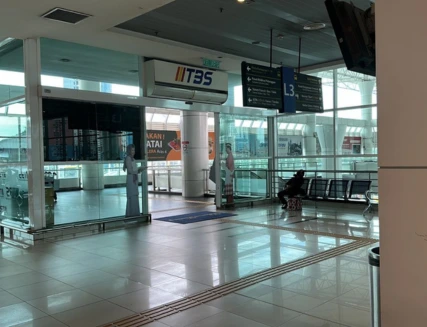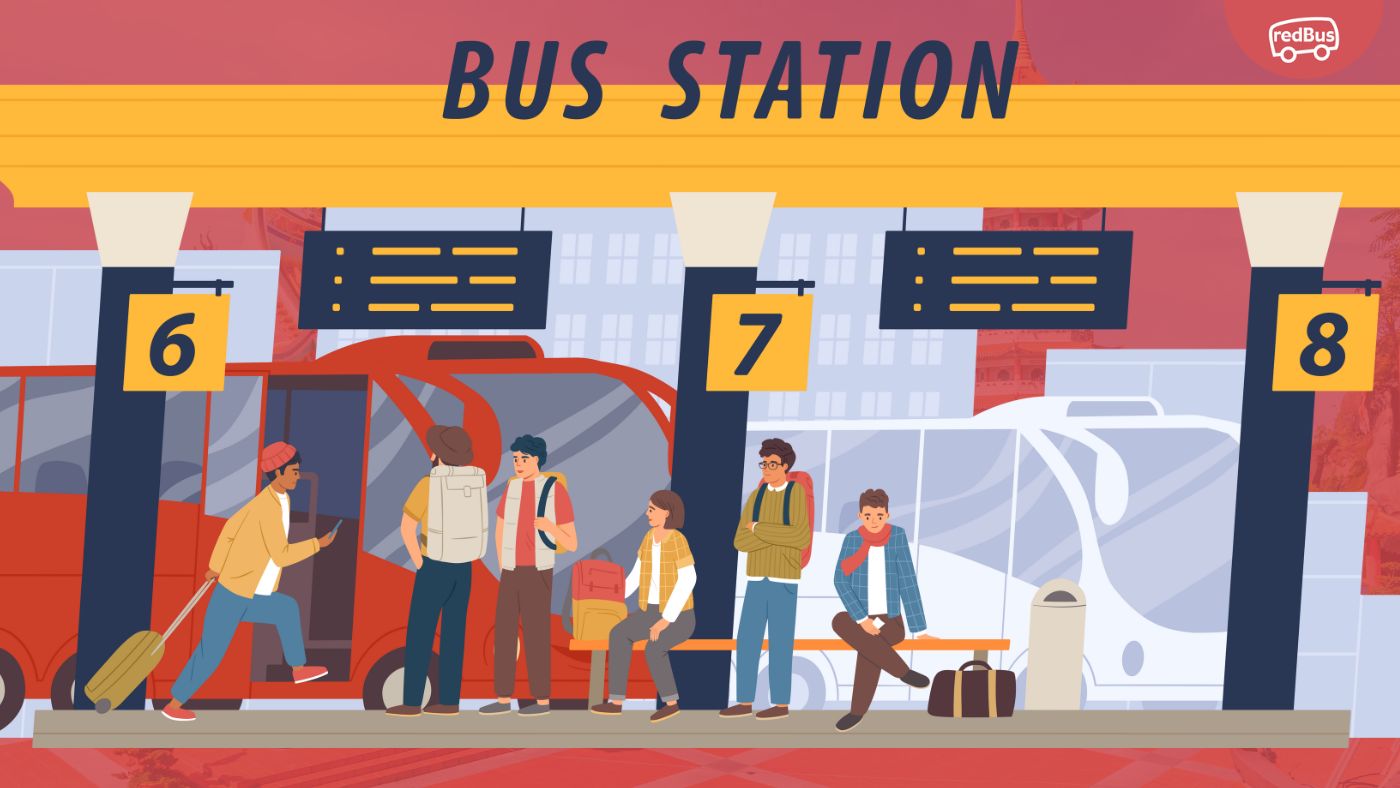In a huge development for Malaysia’s public transport region, Transport Minister Anthony Loke has announced that operators of all 169 bus terminals in Peninsular Malaysia are now required to obtain a bus terminal license from the Land Public Transport Agency (APAD). This new law, which applies to terminals under the supervision of neighborhood authorities and privately owned, aims to increase the requirements for comfort, safety and transportation of passengers.
During the unveiling of the upgraded transport hub at Kuala Lumpur International Airport (KLIA) Terminal 2, Loke highlighted the authorities’ commitment to regulate bus terminal operations to improve public transport offerings. “We have already gazetted the regulation to licence all public transport terminals in Peninsular Malaysia. Most of the terminals are operated by PBT, with some by private parties. We welcome the private sector to invest, but they must apply for a license from APAD to operate” he said.
From April 22, terminal operators can apply for licence through the iSPKP APAD online license system. The initiative follows the publication of the Land Public Transport (End Licences) (Stations and Transport Centres) Regulations 2024 on the fifth of February. With the bus terminal license program, the Department of Transportation under the Land Public Transportation Act of 2010 [Act 715], seeks to ensure that the operations of these terminals meet regulated requirements.
The licensing system, which is predicted to last three weeks, will consist of website tests through APAD to evaluate the terminals. In addition, APAD will introduce a classification gadget (A, B or C) that will match the level of the provider with the prices charged through the terminals. This assessment will be completely based on various standards including bus ticketing, fact counters, security features, and facilities for the disabled (PWD). While some terminals like Terminal Bersepadu Selatan and Penang Sentral are fully equipped with a modern facilities, several terminal still lack waiting areas, parking facilities and other standard amenities.
Loke emphasized the importance of the grading facility to ensure passengers get a charge for the prices they pay. “Now when there is terminal licensing, we have a framework of standards, if they do not reach that standard, they cannot impose higher charges. We want to make sure the charges imposed on passengers are commensurate with the service they receive,” he explained.
Loke said APAD had additionally performed preliminary audits at key terminals within the states to look at the centers they provide. He also shared that “As a result of the audit performed, the KLIA Terminal 2 public transport hub is an instance of a terminal this is eligible to acquire the grade A score,“



